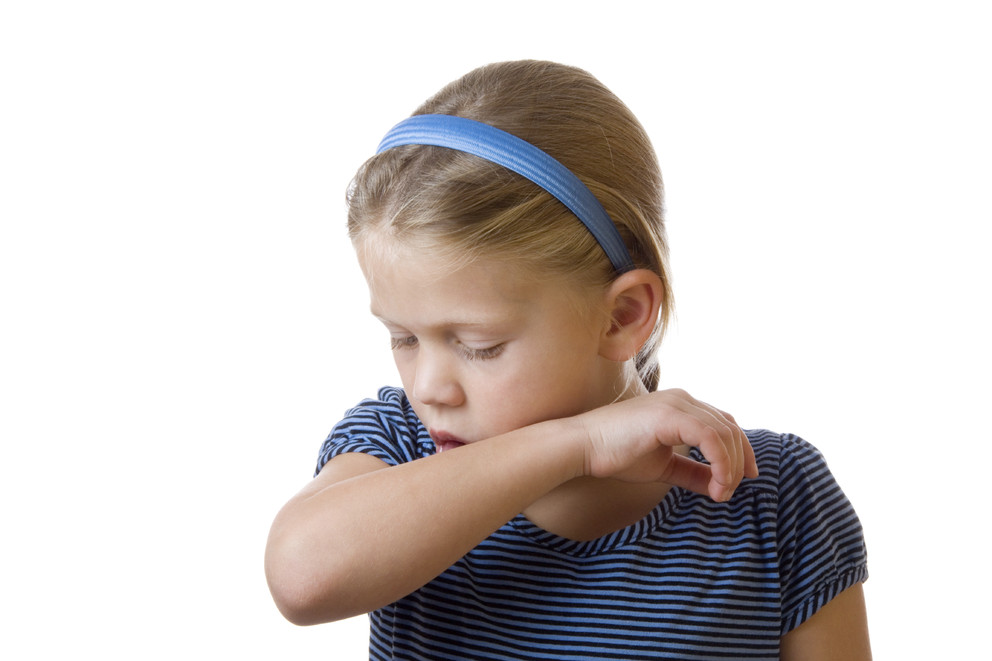RSV Diagnoses Ramping Up: What to Know

January 25, 2017
by Mankato Clinic
A virus that causes infections in the lungs and respiratory tracts is making its way into homes of young children.
Respiratory Syncytial Virus (RSV) causes upper respiratory tract infections, or colds, bronchiolitis (infection of the lung passages) and pneumonia.
Common among children, RSV is spread person-to-person when an infected person sneezes or coughs, allowing the virus to be carried to other people on droplets of saliva or mucus.
Young children, especially those younger than one year of age, have the highest risk of getting RSV infections. Because they are often exposed to RSV outside of the home, children tend to pick up the illness at school or day care. However, infections can happen at every age. Those with already-weakened immune systems, very young children and elderly people can also develop a severe infection. Like other viruses, you can get RSV even if you’ve been diagnosed with it in the past.
If you’re concerned that someone has RSV, watch for a fever, runny nose or nasal congestion, cough, chest congestion, wheezing and difficulty breathing. Rarely, infants with RSV infections may have periods during which they stop breathing, or apneas. Symptoms of RSV will present themselves about three to seven days after exposure.
Your healthcare provider can diagnose RSV based on the aforementioned symptoms, however, special tests can detect the virus by using a swab that is placed through the nose to the back of the throat. Unfortunately, there is no specific treatment for RSV and antibiotics aren’t helpful for this type of infection. A medication called palivizumab may prevent RSV infections and protect babies that are high-risk from serious complications of infections. Medications like acetaminophen for fever or albuterol for wheezing can help relieve symptoms, but there are no specific medications that work against the virus. Most cases of RSV improve within one to two weeks. Some other tips parents can use if their child has RSV include removing sticky nasal fluids, using a cool-mist vaporizer to keep the air most and make breathing easier and providing fluids.
Preventing an RSV infection is as easy as covering your coughs and sneezes and washing hands frequently. In addition, don’t share cups or utensils and avoid kissing others who are not sick.